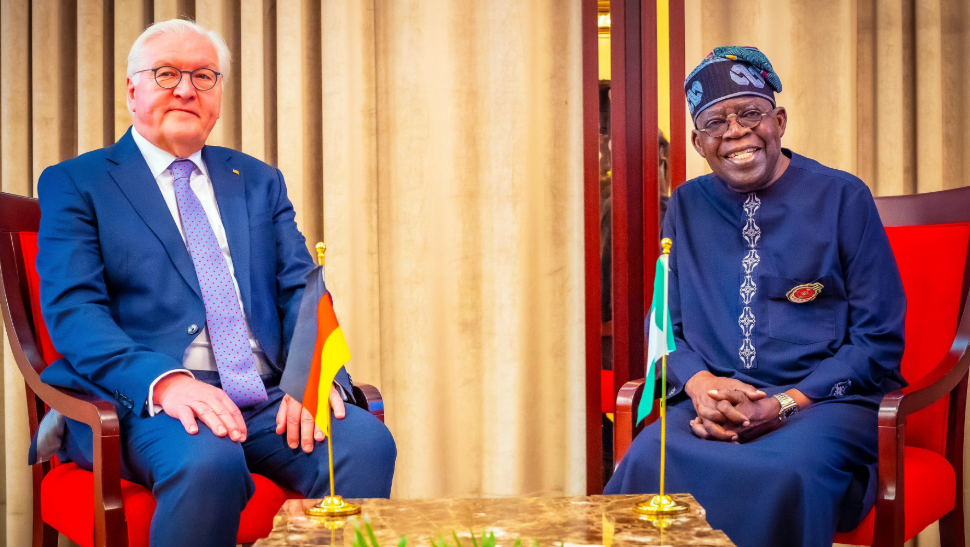
President Bola Tinubu assured German businesses of Nigeria’s readiness to fully implement investment agreements in renewable energy, youth skill development, and industrial growth during a meeting with German President Frank-Walter Steinmeier. Speaking at a press conference, Tinubu highlighted ongoing reforms aimed at creating a business-friendly environment, including import duty waivers for machinery, power generation decentralization, and active foreign exchange reforms.
“We have an open-door policy,” Tinubu emphasized, explaining the removal of bureaucratic obstacles for business establishment. He detailed tax reforms that are private-sector friendly and highlighted the country’s efforts to streamline business processes. The Nigerian leader underscored the country’s potential as a major gas producer and its abundant renewable energy resources, particularly solar power that could be harnessed through German technology for rural electrification.
Addressing the challenges in the electricity sector, Tinubu acknowledged the aging infrastructure, noting that transmission lines are 50 to 60 years old. He has signed reforms to decentralize power distribution, allowing states and subnational entities to generate and distribute their own electricity. The president also stressed the importance of youth training, solid minerals, and industrial partnerships in advancing Nigeria’s development agenda.
German President Frank-Walter Steinmeier praised the existing relationship, acknowledging Nigeria as Germany’s second-largest trading partner in sub-Saharan Africa. He expressed optimism about the potential for deeper cooperation and highlighted the importance of Nigerians who study in Germany, describing them as crucial cultural and business intermediaries.
The bilateral discussions focused on strengthening people-to-people relationships and government-to-government partnerships. Tinubu expressed his commitment to building a fulfilling and rewarding partnership between the two countries, emphasizing Nigeria’s open business doors and ongoing reforms. Both presidents agreed to promote political, cultural, and economic ties, with Steinmeier encouraging Nigerian youth to explore opportunities in Germany.
The meeting underscored mutual interests in economic collaboration, technological exchange, and long-term strategic partnership. Tinubu’s assurances of a business-friendly environment and Steinmeier’s recognition of Nigeria’s potential highlighted the promising trajectory of Nigeria-Germany relations.




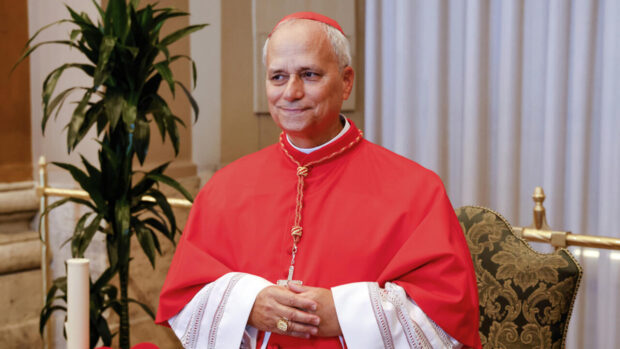




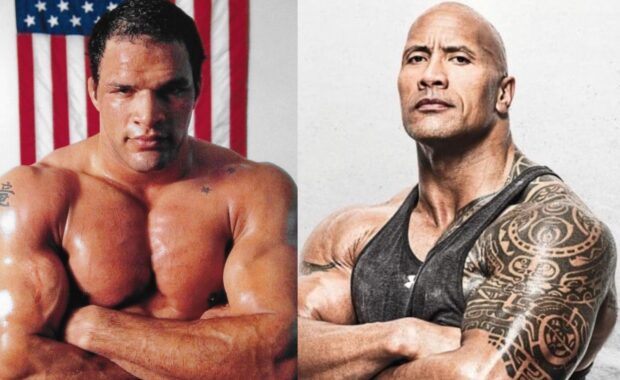


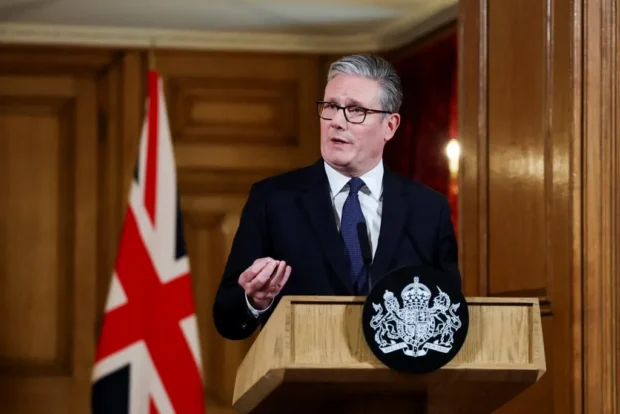
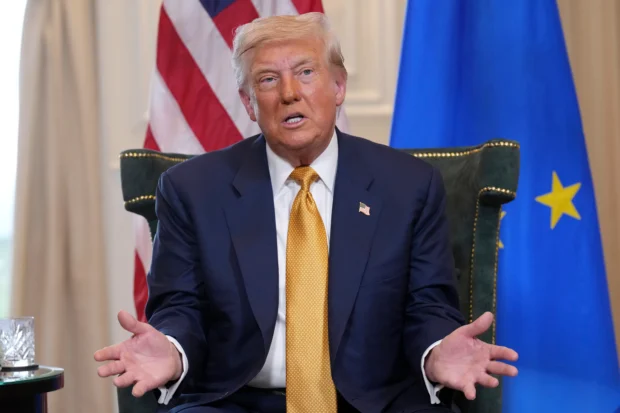


Be the first to leave a comment